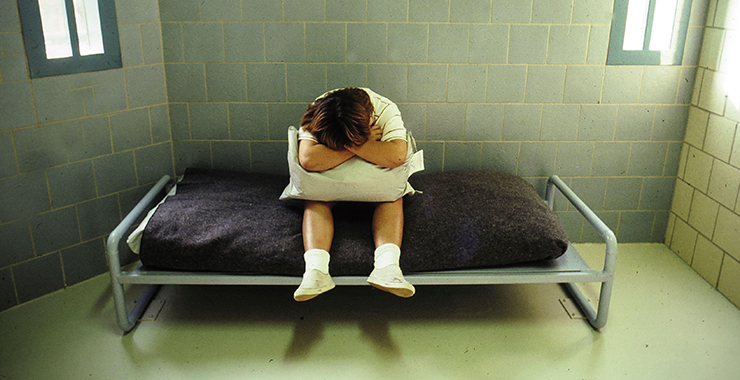The American Psychological Association (APA) has taken a firm stance against the solitary confinement of youths in juvenile justice settings, calling for its prohibition, except in emergencies. Backed by extensive research demonstrating detrimental effects on mental health and development, APA President Cynthia de las Fuentes emphasized the need for alternative approaches prioritizing rehabilitation and support.
The resolution, titled “APA Resolution Opposing Isolation of Youth in Juvenile Justice Settings,” was overwhelmingly adopted by APA’s Council of Representatives. Notable points include the prohibition of solitary confinement, limiting its duration to the shortest necessary for imminent safety concerns, and advocating for evidence-based strategies to manage behavior and foster positive youth development. The resolution also underscores the significance of ongoing monitoring and mental health support for youths subjected to isolation.
“Solitary confinement should never be used for punishment or disciplinary purposes, or for the protection of property,” states the resolution. It highlights that the separation of youths from others should never substitute for adequate staffing, training, and administrative support. The measure additionally recommends accurate tracking and public reporting of various forms of individual confinement, broken down by subpopulations and identities, to ensure transparency and accountability.
Featured Image: Courtesy of the American Psychological Association (APA).
